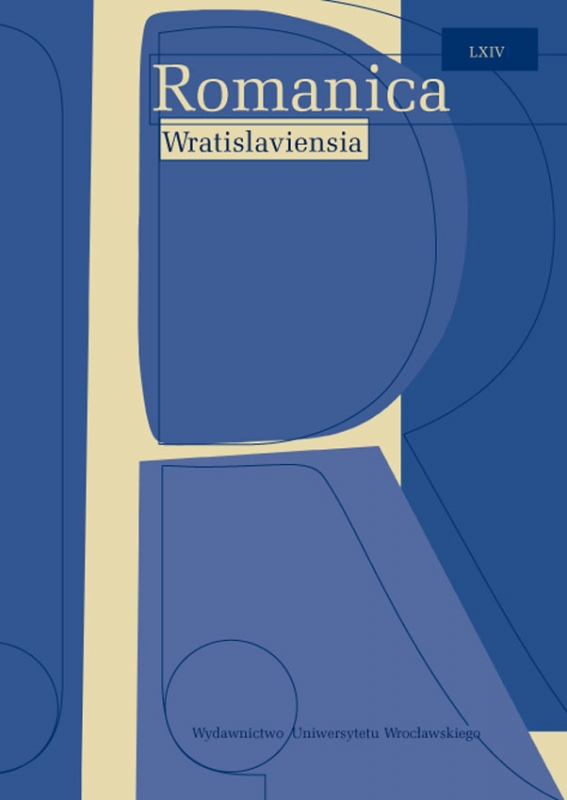

Articles

CHIVALRIC FRIENDSHIP IN FRENCH MEDIEVAL LITERATURE
The emergence in the Middle Ages of literature in the vernacular paralleled the emergence of the new, lay social elite — the chivalry. The new literature did not so much reflect as it shaped the attitudes and the axiological system embraced by medieval knights. This fact has been recognized by historians, however they seem to take atoo homogenic view of various narrative forms of vernacular literature. Thus, the article is an attempt to identify some crucial differences between how the two key literary genres of the times — chanson de geste and romance — represent the values crucial to the medieval knight. Chanson de geste praises communal values, and the tale’s hero, rather than an individual knight, is ablood-related family of which he is an integral member. His world is founded on values such as family solidarity and asense of responsibility for the family’s well-being. The romance, on the other hand, champions an individualistic hero, seen in isolation from his ancestral context. In the romance it is friendship, born of asense of shared social mission, that represents human relationships. Admittedly, friendship does play acertain role in the world of chanson de geste, and so do the ancestral ties in the romance. However, their role in either case is disproportionately smaller and, occasionally, both are represented unfavorably. Unlike chanson de geste and the romance, 13th century mystical roman in prose questions the value of both friendship and ancestral ties, unless they are founded on exemplary religiosity.